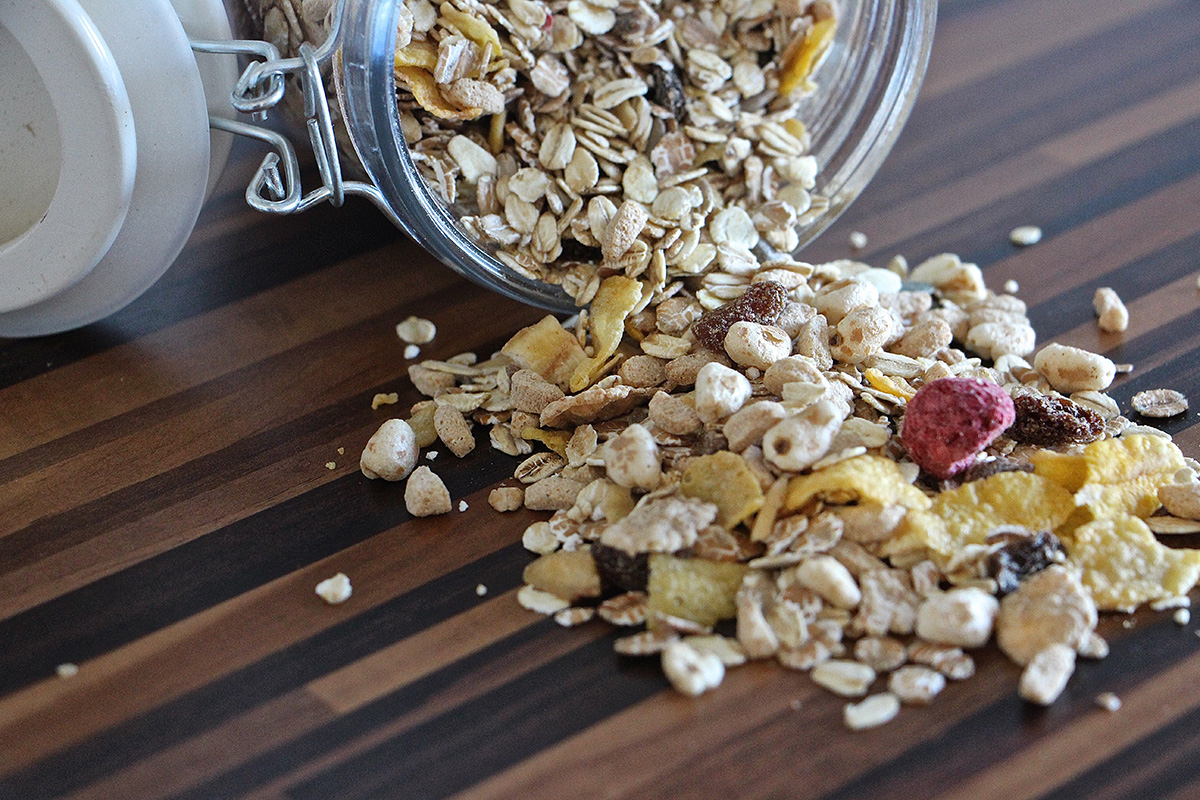
Tasty and Healthy Granola Bar Recipe
January 21 is National Granola Bar Day, so why not take the time to make this healthy snack.
Resources for
Follow USAVolleyball
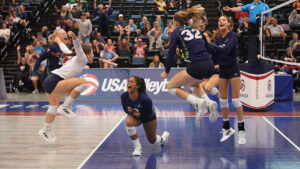 USA Volleyball Education is focused on improving developmental and educational opportunities across the sport of volleyball from grassroots to the national team level. Our goal is to provide the opportunity to access, complete and apply high-quality information and methods in the technical, tactical, physical and emotional aspects of the game for athletes and coaches while providing training, support and resources for other key stakeholders including officials, parents and clubs.
USA Volleyball Education is focused on improving developmental and educational opportunities across the sport of volleyball from grassroots to the national team level. Our goal is to provide the opportunity to access, complete and apply high-quality information and methods in the technical, tactical, physical and emotional aspects of the game for athletes and coaches while providing training, support and resources for other key stakeholders including officials, parents and clubs.
For years, the focus of volleyball in many areas and across various levels shifted to a mindset of winning at all costs.
What we now know is that the most successful teams in the world have developed a model of training and a culture that supports a holistic approach to athlete development which not only sets them up for competitive success on the court, but values and emphasizes the important of athlete health, well-being and long-term involvement in the sport.
The USA Volleyball Development Model was created based on the idea that volleyball in the U.S. could be taught differently, resulting in long-lasting positive outcomes across all measures of performance while keeping kids involved and loving the game longer.
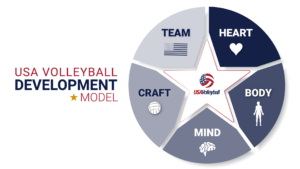
The five pillars of the USA Volleyball Development model provide the basis for a holistic approach to the core elements that are vital to supporting development at every level and across age groups.
USA Volleyball Education is committed to providing support for the volleyball community with a role-based approach to education and training. Whether you’re planning practices, cheering from the stands or making the right call, we provide the tools and resources to help you succeed.
USA Volleyball partner Sports Imports has provided USA Volleyball coaches with drills for use with their Trainer+ and The Vertec.


January 21 is National Granola Bar Day, so why not take the time to make this healthy snack.

Here are three easy, healthy recipes for meals that can be quickly prepped, placed into a pressure cooker and forgotten about.

Young athletes' brains are using food for fuel. Fuel it appropriately, and your young athlete will be able to think fast and stay sharp in school and on the field.
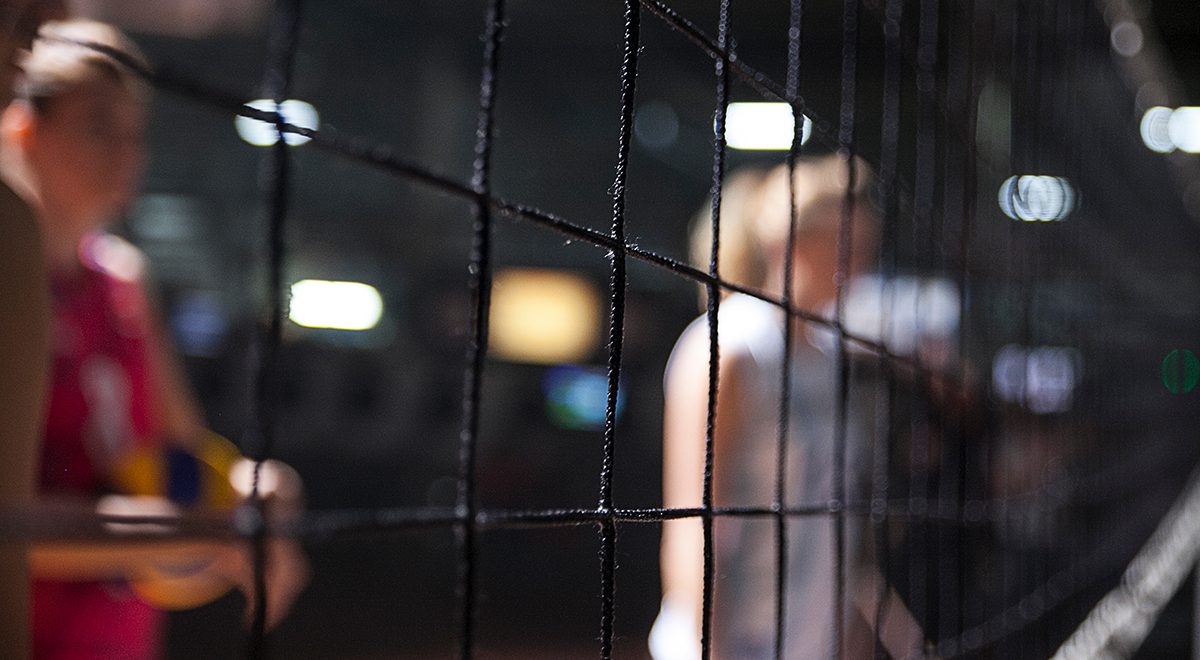
Returning to sport from illness of any kind can be tricky, and with the COVID-19 pandemic, it’s only gotten more difficult. But even a simple cold or stomach bug can leave an athlete sidelined without a clear idea of when it’s safe or advisable to return to sport.

I spent Memorial Day flying back from Amsterdam, 24 hours in en route, leaving a place where the Dutch Underground were battling in World War II three-quarters of a century before me.
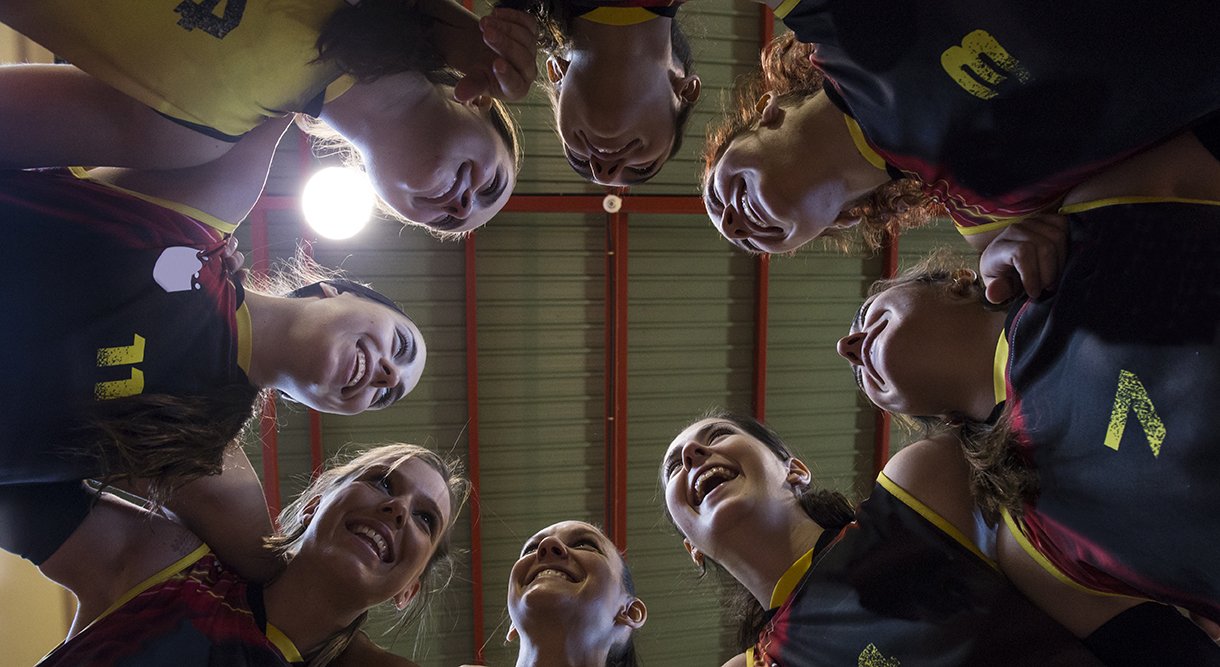
Young athletes face tough transitions on a regular basis. Whether it's something big, like a move to a new school, or just the start of a season with a new coach, these transitions can be significant sources of anxiety. But, there are ways to navigate these challenging times.

For those with little time to read my blogs and ponderings, the short answer is “In a 6-3 you teach HALF your players on the court the leadership roles and key skill of setting/running an offense, and in a 6-6, every player learns that key skill.”
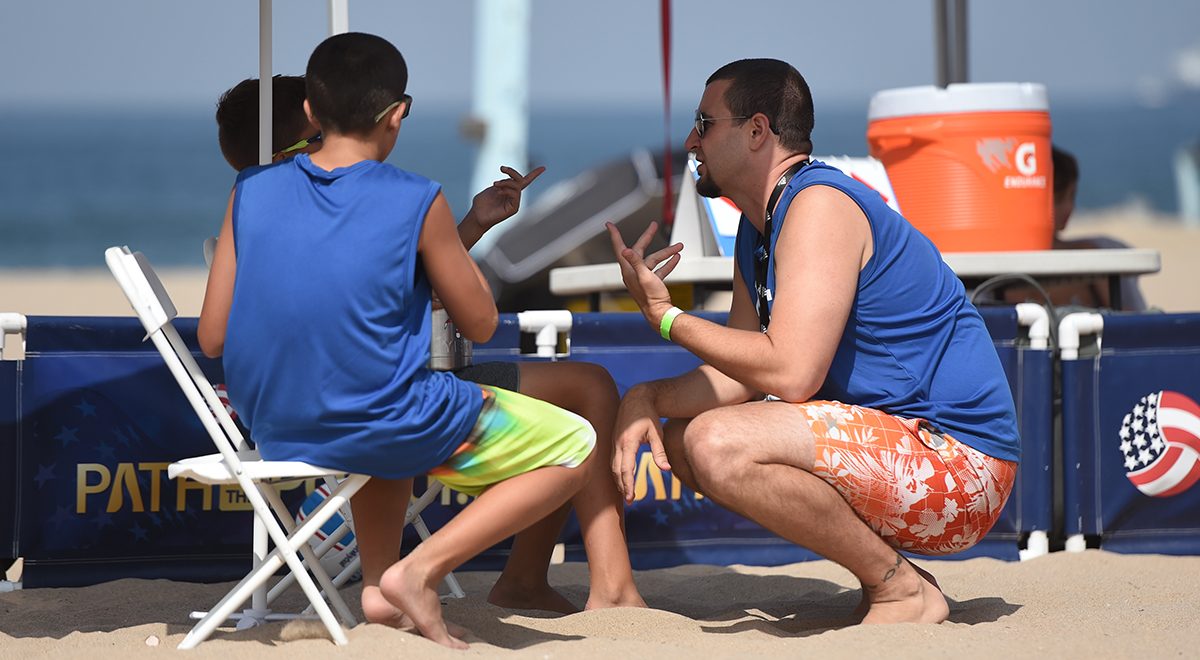
John Kessel's still in learning mode (he's always there), and now his quest for learning introduced him to Motivational Interviewing (MI), which is all about the communication techniques that help you draw wisdom and answers from your players.

And it might come as a surprise, but the brain uses around 20 percent of the body's energy, making it the hungriest organ. Fuel it appropriately, and your young athlete will be able to think fast and stay sharp in school and on the field.
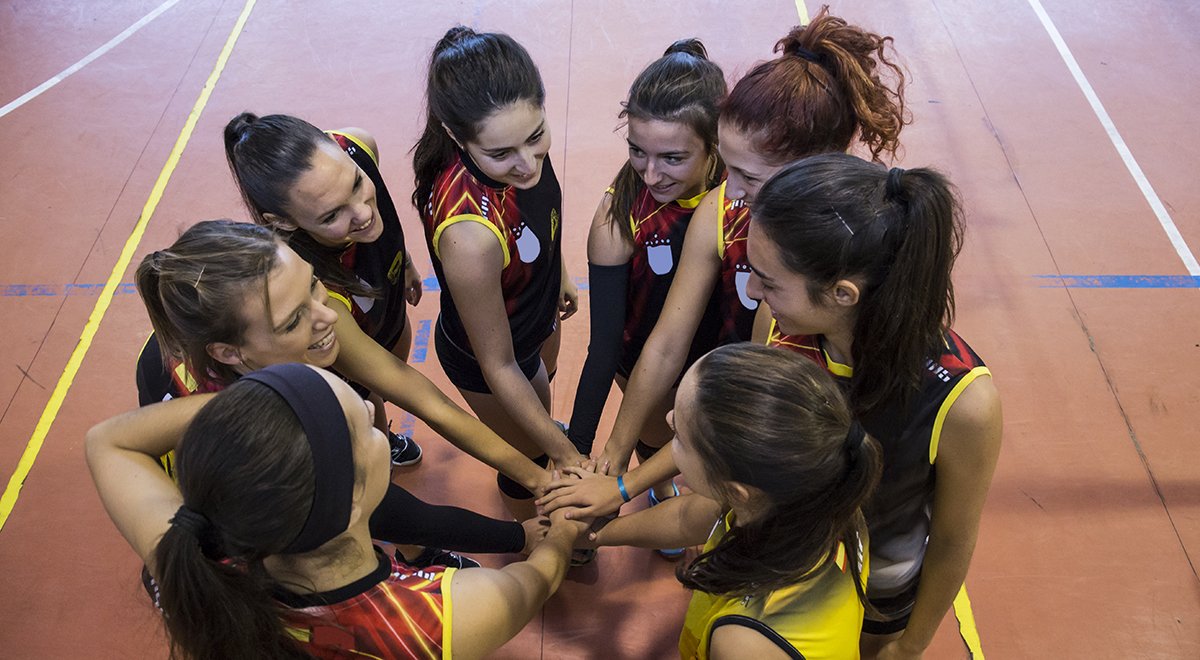
When it comes to preventing cliques and bullying behaviors, it’s best to be proactive. Coaches who focus on building strong team-wide relationships from the first day of practice are less likely to run into the social problems, like cliques, that hurt teams and players.
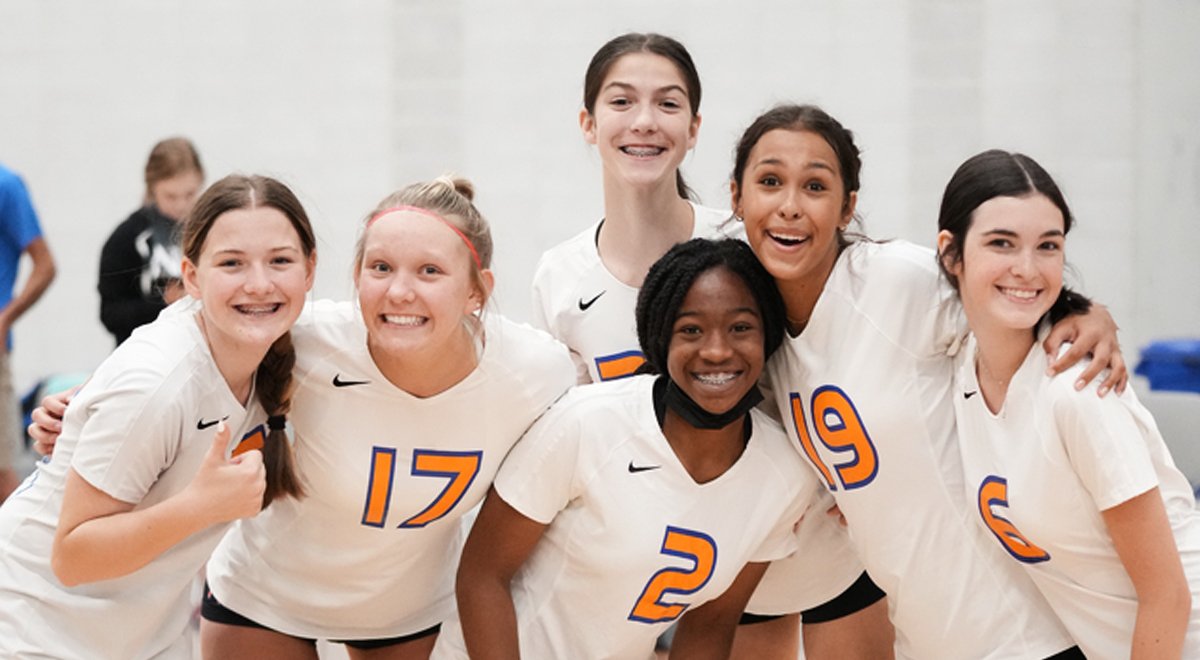
Volleyball is a sport of acceptance. For LGBTQ youth, finding acceptance on a team can be life changing, if not lifesaving. These tips will help you create a culture of inclusion with your teammates and in your program.
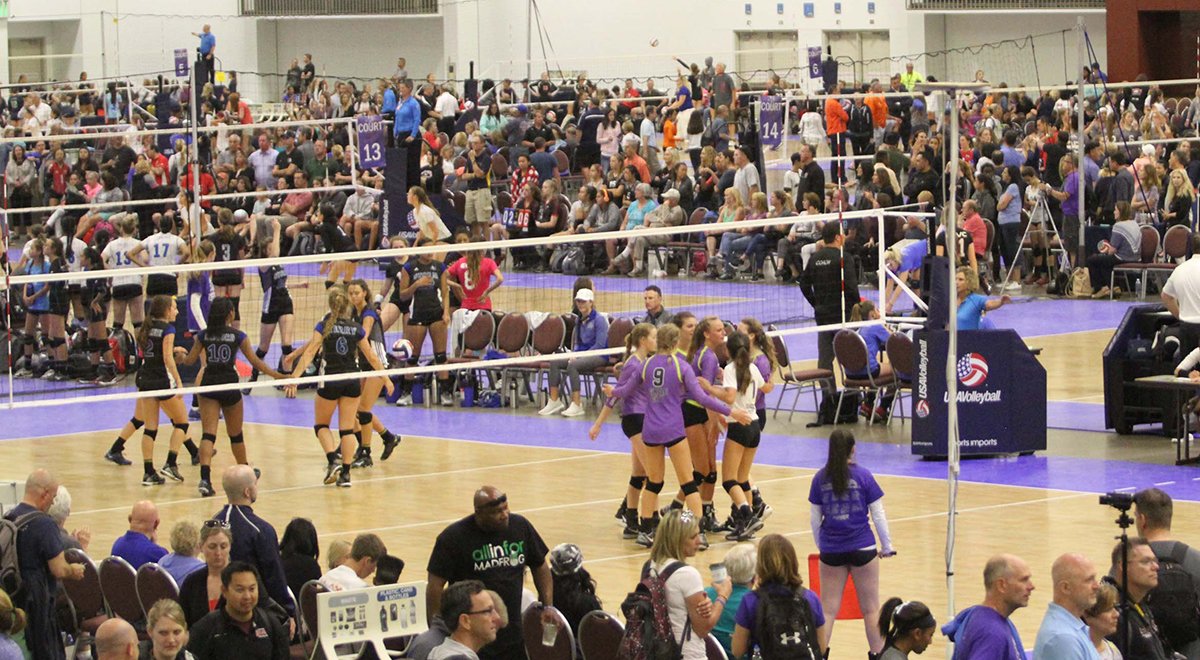
A well-run tournament is a work of art. Like a work of art, it takes months and months of planning for an event to shine. Here are five tips to make your tournaments run more smoothly and successfully.

Meal prepping doesn't have to mean a ton of extra time in the kitchen. Here are tips for successful, simple meal prepping that will allow your athlete to get a healthy meal.
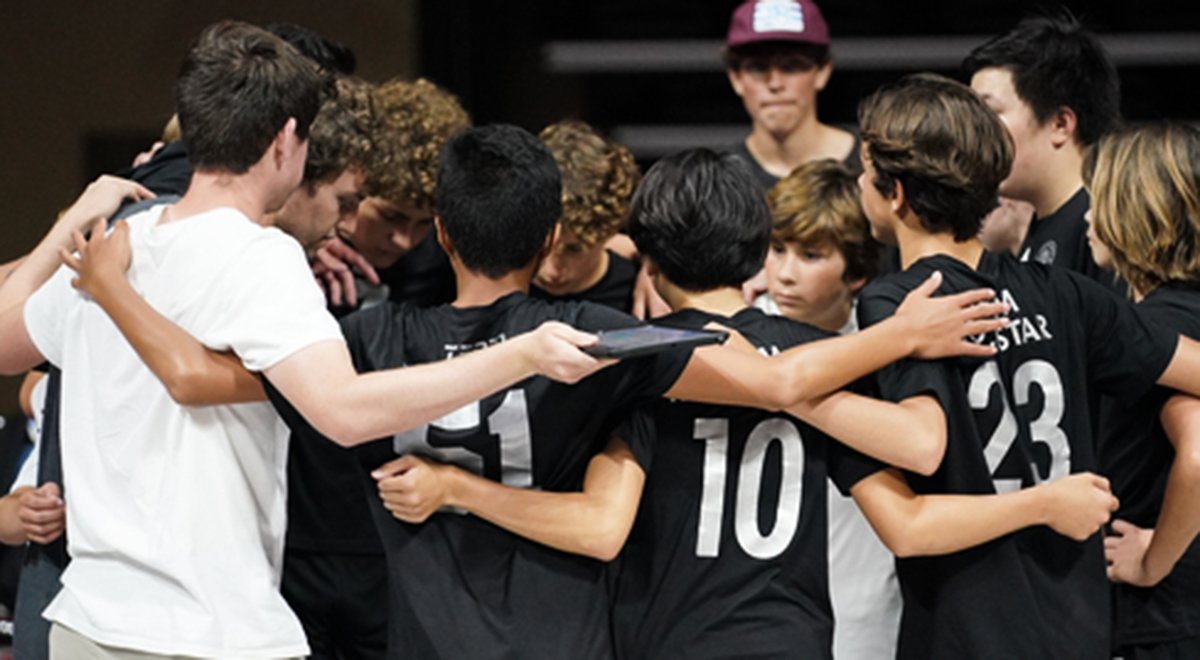
Hazing is not uncommon as a way to "initiate" new players to a team. These acts are humiliating, intimidating, demeaning and dangerous. Here are signs of hazing that you should watch out for and ways you can help your athlete should they be hazed by teammates.

Southern California has turned into a beach volleyball haven in part due to a climate that allows for year-round practice on deep-sand beaches. Here's what you can expect from the weather when you're hitting the SoCal beaches.
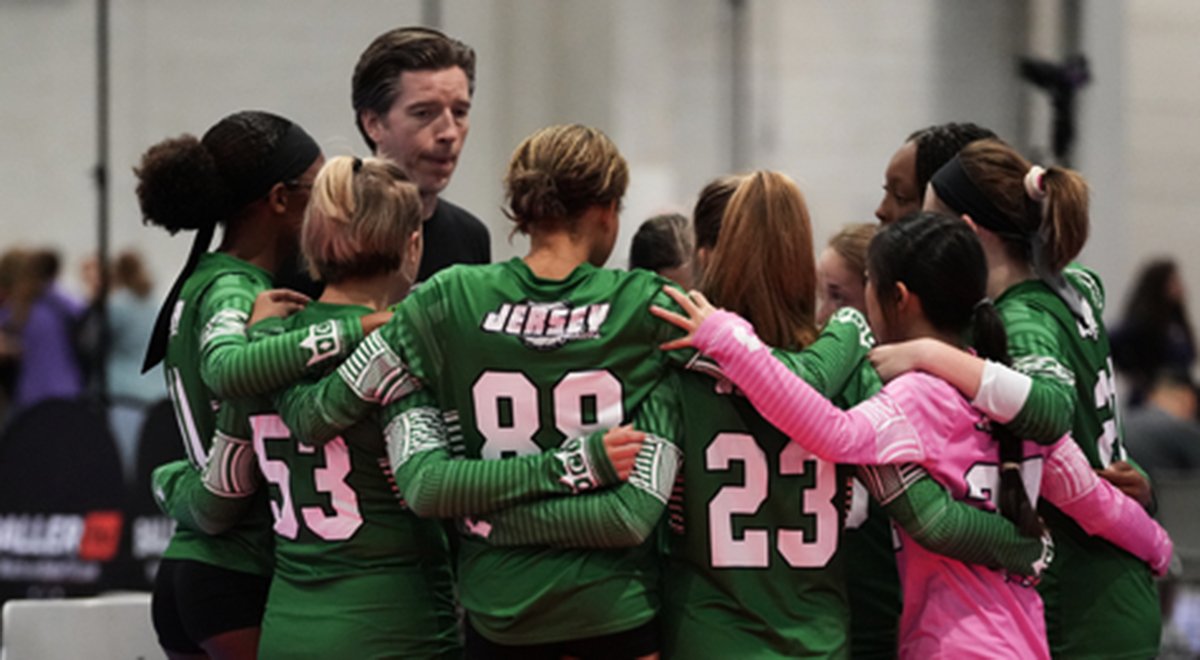
What's the secret to supporting each member of a diverse and multi-cultural team? Love, authenticity, and a few other things...

While many fueling traditions that you’ve heard about are going to be okay for most athletes, there are some modern tweaks you can make to ensure that your athlete is properly fueled and getting the nutrition he or she needs.

Picking a club for your child can be a difficult process. There are a lot of possible clubs to play at, and it can seem daunting at first. If you keep an open mind, consider the most important elements of a club for your family and do some research, you are much more likely to find a good situation, writes the Badger Region's Josh Price.
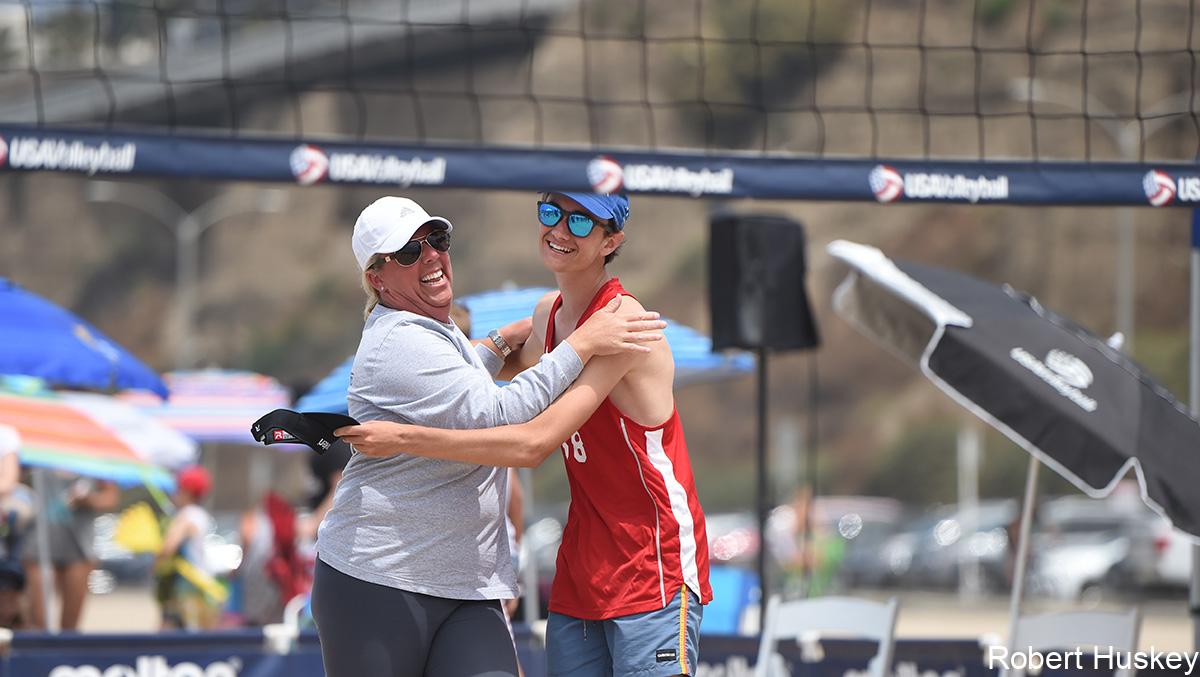
Coaching your own child can be a fun, rewarding experience for both of you, but it can also be a challenge. Here are six ways you can best keep everyone - your child, the rest of the team, and the rest of the team's parents - happy.
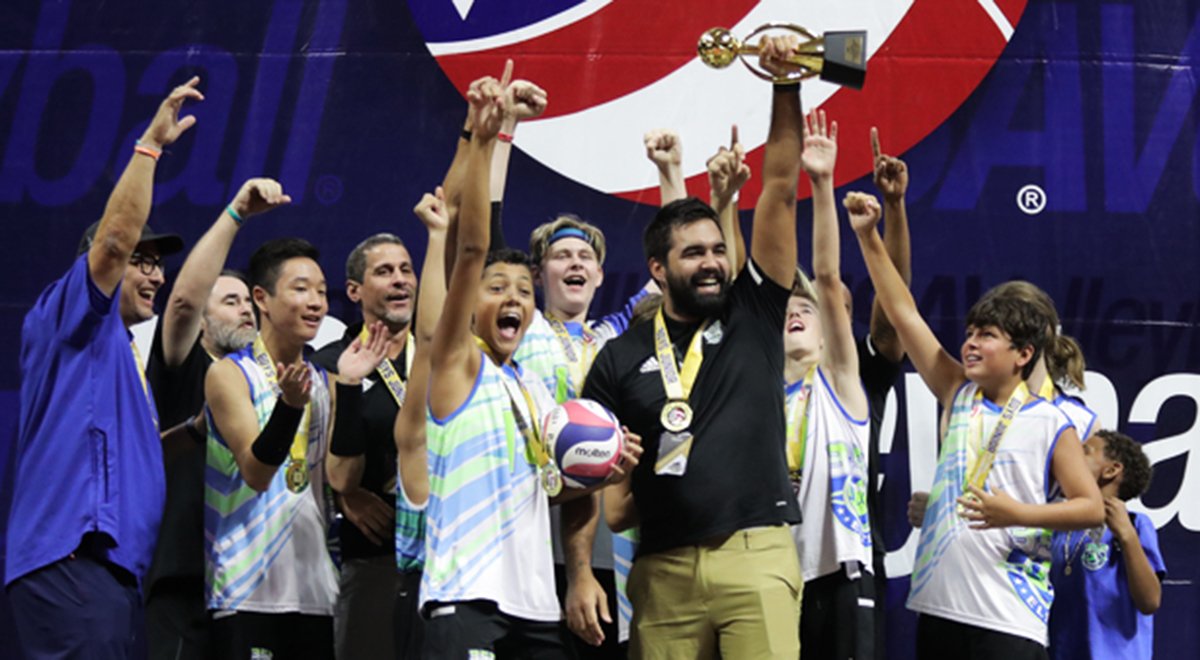
On a team, there are athletes who naturally gravitate towards leadership roles and require little support. But those athletes aren't the only ones who can be team leaders, and a dedicated coach can help athletes hone previously dormant leadership skills. Here's how to look at your team through a new lens: Seeing each athlete as capable of taking on leadership roles, and as individuals who may require different types of encouragement from you.